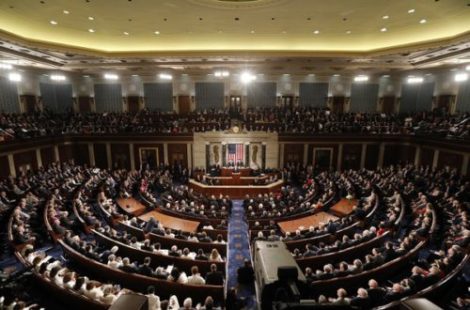The Law Offices of Jennifer McGrath is pleased to announce that Attorney Jennifer McGrath recently delivered a California Cannabis Law presentation to members of the Real Estate Law Section of the Orange County Bar Association. The presentation entitled “The Impact of Local and State Cannabis Regulations on the Real Estate Market” focused on the history of cannabis law in California, the status of current local cannabis regulations, the potential risks to both landlords and tenants from operating a marijuana business, and tips on negotiating a cannabis lease to minimize risk. This cannabis law presentation was approved for MCLE credit from the State Bar of California.
View the California Cannabis Law presentation slide show – California Cannabis Law & Real Estate.
The history of California Cannabis Law included discussion of the 1996 voter approved Proposition 215 Compassionate Use Act (CUA), the 2003 SB 420 Medical Marijuana Program Act (MMPA), the 2008 Attorney General Guidelines for the security and non-diversion of medical marijuana, the 2015 Medical Cannabis Regulation and Safety Act (MCRSA), the 2016 Proposition 64 Adult Use of Marijuana Act (AUMA), the 2017 SB 94 Medicinal and Adult‐Use Cannabis Regulation and Safety Act (MAUCRSA), and the 2018 Bureau of Cannabis Control (BCC) emergency regulations of commercial cannabis.
More detailed topics in the California Cannabis Law presentation included California State regulators, types of cannabis businesses (retail, cultivation, manufacturing, distribution, testing, microbusiness, etc.) local city and county regulation of cannabis, zoning and permitting, risk to landlords and property owners, civil citations, property liens, criminal violations, restricted access to property by local building officials and fire inspectors, violations of code, civil complaints and lawsuits, a new California State law penalty for engaging in commercial cannabis activity without a California Cannabis License, cannabis lease terms, private cannabis cultivation, federal cannabis law, the Rohrabacher-Farr Amendment (now known as the Rohrabacher-Blumenauer Amendment), forfeiture, and cannabis banking.
The California Cannabis Law presentation also discussed the difficulties created by the lack of participation of local jurisdictions in the regulated cannabis industry. Ultimately, less than 15% of cities and counties in California have embraced any type of cannabis business and Governor Brown’s projections of cannabis tax revenue have fallen very short of meeting the State’s objective. Local jurisdictions have chosen instead to ban cannabis businesses or delay local cannabis licensing. Many California cannabis industry participants have been unable to obtain a State cannabis license due to the inability to obtain a local cannabis license or permit which is a prerequisite to a State license.
Jennifer McGrath is available for lectures and other speaking engagements on the subjects of California cannabis law and licensing. The Law Offices of Jennifer McGrath provides legal support and guidance to members of the cannabis community as well as Cities and Counties in navigating the emerging California State and local regulation of both recreational and medical marijuana.
Contact us to learn more about California state or local cannabis regulations, cannabis regulatory compliance, and cannabis litigation.


